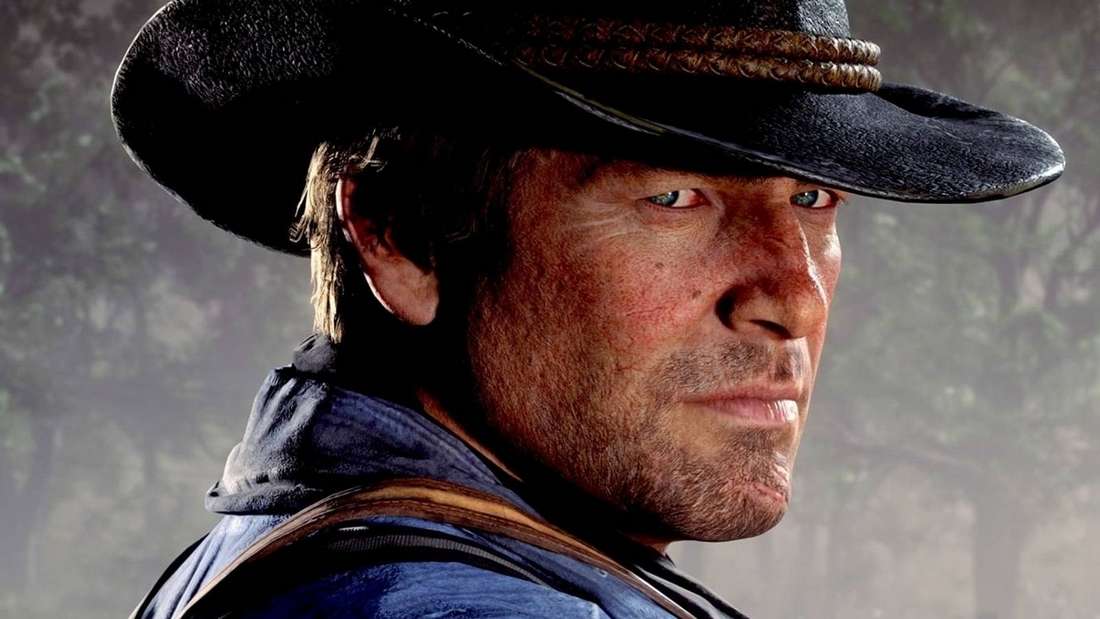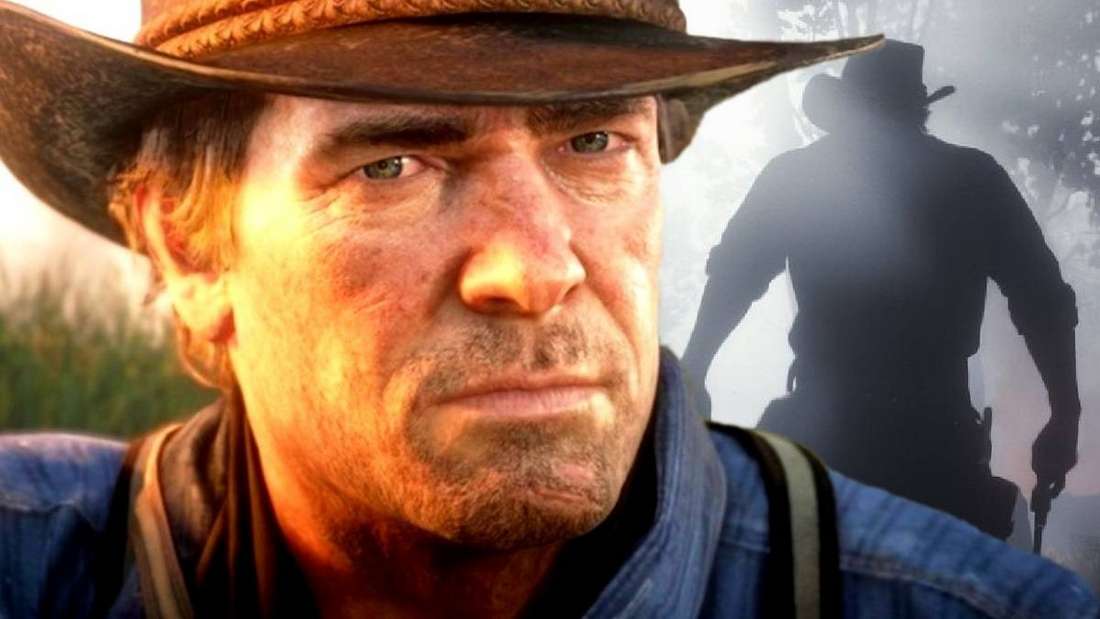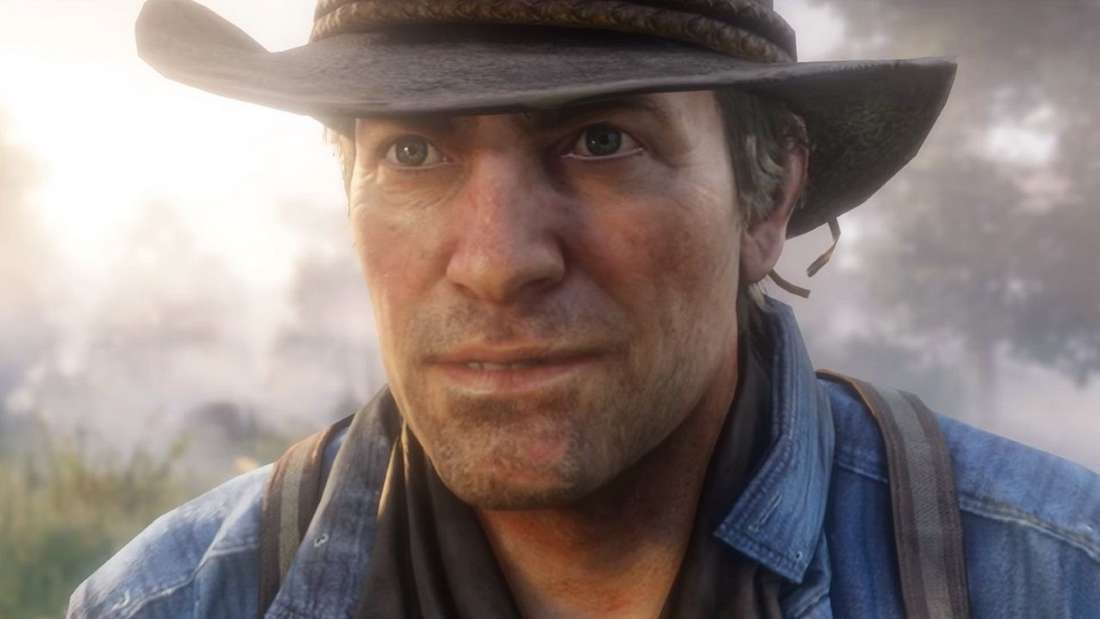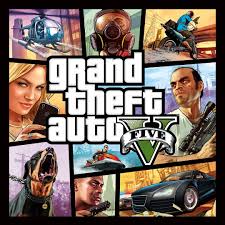Nine Years Later: Unpacking the Harshest, Most Hilariously Wrong Initial Reactions to the Red Dead Redemption 2 Reveal
Popular Now
 Roblox
Roblox
 Stumble Guys
Stumble Guys
 Schedule I
Schedule I
 Poppy Playtime
Poppy Playtime
 The Legend of Zelda
The Legend of Zelda
 Minecraft
Minecraft
 Brawl Stars
Brawl Stars
 BeamNG.drive
BeamNG.drive
 Minecraft
Minecraft
 League of Legends
League of Legends
 October 20th marked the nine-year anniversary of the reveal trailer for Rockstar Games’ magnum opus, Red Dead Redemption 2. This brief, atmospheric glimpse into a dying Wild West captivated the vast majority of the gaming community, generating unprecedented hype and anticipation. Yet, as with any major title, a small, vocal minority had remarkably cold—and in hindsight, completely inaccurate—takes on what would become a generational masterpiece of open-world design and storytelling. Today, fans are revisiting the most notorious of these initial negative reactions, providing a source of collective amusement and a potent reminder of how first impressions can spectacularly miss the mark.
October 20th marked the nine-year anniversary of the reveal trailer for Rockstar Games’ magnum opus, Red Dead Redemption 2. This brief, atmospheric glimpse into a dying Wild West captivated the vast majority of the gaming community, generating unprecedented hype and anticipation. Yet, as with any major title, a small, vocal minority had remarkably cold—and in hindsight, completely inaccurate—takes on what would become a generational masterpiece of open-world design and storytelling. Today, fans are revisiting the most notorious of these initial negative reactions, providing a source of collective amusement and a potent reminder of how first impressions can spectacularly miss the mark.
 The “Tasteless” Main Character: The Early Doubts About Arthur Morgan
The “Tasteless” Main Character: The Early Doubts About Arthur Morgan
Perhaps the most famous, and now almost legendary, poor reaction was the dismissal of the game’s protagonist, Arthur Morgan. The initial trailers, focused on the ensemble cast of the Van der Linde gang and the sheer scale of the world, gave only fleeting glimpses of the man who would come to define the game. The reaction in question, shared across various online forums, claimed that the main character “seems completely tasteless.”
This early assessment of Arthur Morgan, a character now considered one of the most complex, tragic, and human protagonists in video game history, has aged with a spectacular lack of grace. What was perceived as a lack of immediate charisma in a brief trailer was, in fact, the calculated introduction of a deeply flawed, weary, yet profoundly moral man. Arthur’s slow, heartbreaking journey to redemption is the emotional core of Red Dead Redemption 2. The vast majority of players agree that his arc is not only more nuanced than the beloved John Marston but is arguably a stronger, more resonant piece of narrative design. The initial “tasteless” reaction fundamentally misunderstood Rockstar’s strategy: they were not aiming for an immediate, Hollywood-style anti-hero, but a character whose depths were revealed through hundreds of hours of interaction and moral choices.
Fear of the Unknown: The Leslie Benzies Departure and “Lost Quality”
Another significant source of early pessimism stemmed from news concerning Rockstar’s internal structure. The departure of Leslie Benzies, a former president of Rockstar North and a key producer on the Grand Theft Auto series, led many armchair analysts to predict a severe drop in game quality. Comments on Reddit and other platforms at the time suggested that “The departure of Leslie Benzies from Rockstar is really going to affect game quality” and that the company simply “can’t lose its best developer and still put out the same level of product.”
This reaction, though understandable given Benzies’ pedigree, proved utterly baseless. Red Dead Redemption 2 went on to achieve near-universal critical acclaim, scoring 97 on Metacritic—a testament to the deep bench of creative talent and the robust development pipeline within the studio. This episode serves as a powerful case study in the perils of basing long-term projections on corporate personnel changes rather than focusing on the delivered product. The result was a game that pushed the boundaries of open-world fidelity and storytelling ambition far beyond its predecessor.
 Misplaced Hopes and Unrealistic Expectations
Misplaced Hopes and Unrealistic Expectations
A third category of negative response was driven by the fear that the game simply wouldn’t live up to the astronomical hype. Following the massive success of Red Dead Redemption, the sequel carried a weight of expectation that few entertainment products ever face. This manifested in various forms, including disappointment that the trailer was purely cinematic and not raw gameplay footage, or anxiety that the return to the Van der Linde gang meant less focus on John Marston, the previous game’s protagonist.
Ultimately, these fears were unfounded. When RDR2 finally released, it redefined what was possible in a Western game, delivering a world of unparalleled realism, environmental detail, and player freedom. It became an immediate commercial success, driving massive revenue for the publisher and garnering countless Game of the Year awards. The game’s lasting cultural impact, from its faithful recreation of the 1899 American frontier to its staggering attention to the smallest gameplay details (like the dynamic horse bonding system or weapon degradation), firmly cemented its place as a classic. The early, dismissive comments now stand as humorous artifacts of a moment when the public could not yet grasp the true scale of Rockstar’s achievement.
A Lesson for the Gaming Community: Patience and Perspective
Looking back at these initial, overly critical reactions to the Red Dead Redemption 2 trailer—from the dismissal of the main character to the fear of corporate instability—is an important exercise. It highlights the tendency within passionate communities to jump to conclusions based on minimal information. The story of Arthur Morgan, the “completely tasteless” outlaw, turning into one of the most beloved characters in the medium, is a poignant reminder that great art often requires patience, context, and a full, unfiltered experience to be truly appreciated. As fans eagerly await the next major title from Rockstar, this nine-year anniversary provides a moment of reflection: always temper initial reactions, as sometimes the greatest gaming experiences are born from the least expected beginnings.
SEO & CPC Keywords: Red Dead Redemption 2, Arthur Morgan, Rockstar Games, RDR2 reveal trailer, Open-World Games, Video Game Hype, Gaming Community Reactions, John Marston, Narrative Design, Worse Reactions Gaming, AAA Development Success.









